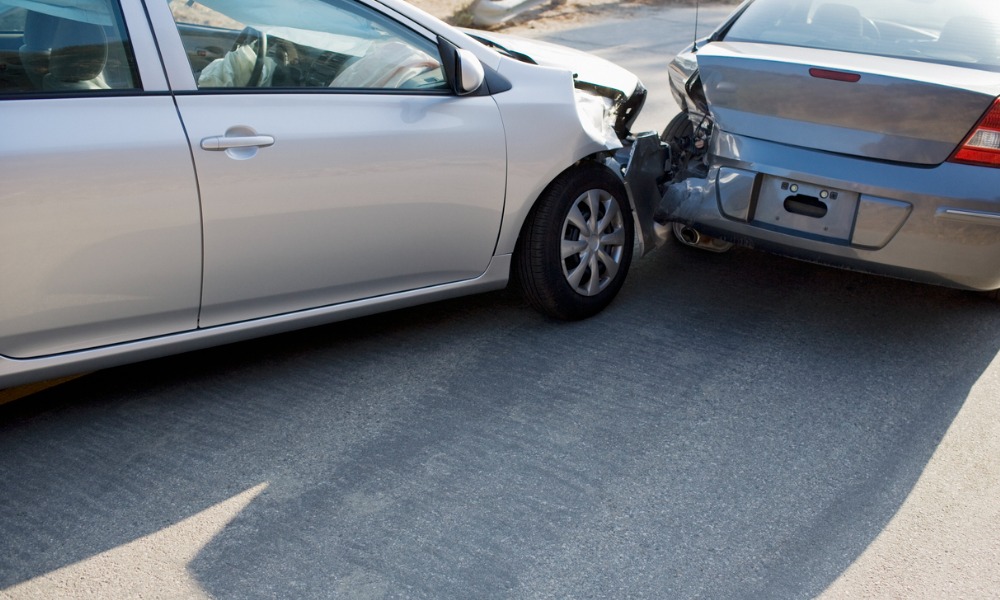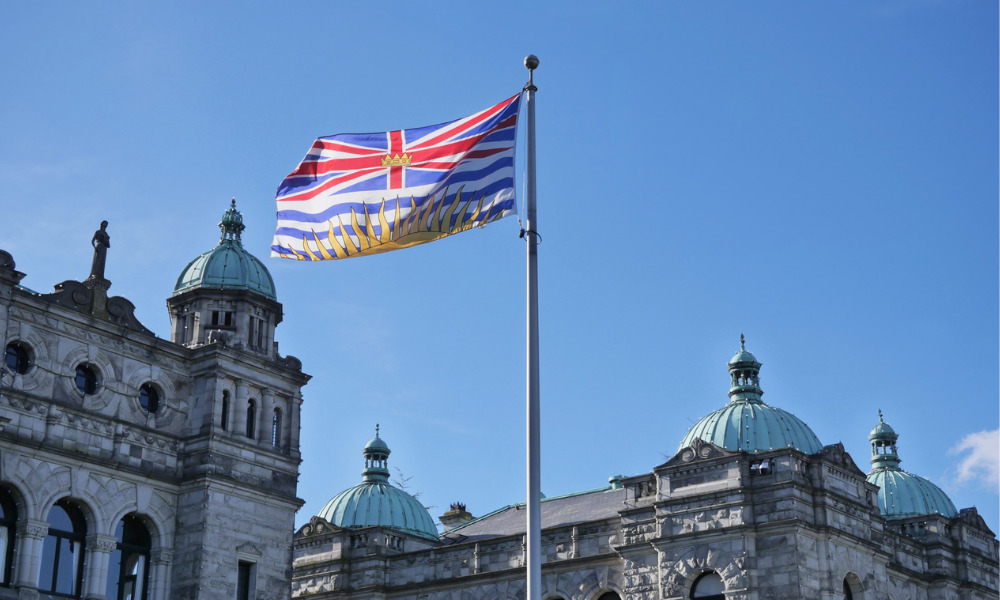In this client education piece, we’ve simplified what to do after a car accident from a legal point of view. We’ll also go over the ways that personal injury lawyers can help

Knowing what to do after a car accident is important - it involves knowing the different Canadian laws that will apply when that happens.
This article can be used by lawyers to educate their clients on what to do after a car accident, before or even after it happens. This can also be used by clients to share important reminders with their loved ones if they’re caught up in a road accident.
What to do after a car accident in Canada
Here are the steps to take when a car accident happens:
Most Read
- Secure everyone’s safety
- Call the authorities
- Document the accident
- Get medical help
Each step will be discussed briefly below, along with discussions on how a lawyer can help in these situations.
1. Secure everyone’s safety
This may include:
- stopping the vehicle or moving it somewhere safe only when necessary
- turning on the hazard lights
- setting up emergency road flares or reflective triangles
It is a crime not to stop the car or to flee the scene of the accident. These acts are illegal because they are the same as a hit-and-run. This is according to different laws, such as:
- Federal law: Criminal Code
- Provincial laws: such as Ontario’s Highway Traffic Act and Alberta’s Traffic Safety Act
2. Call the authorities
The next step would be to call 911 and the police. The presence of the police is needed in case of:
- death
- injuries – serious or not
- suspected illegal activities
- damage to a private, municipal, or highway property
- vehicle damage exceeding regional damage thresholds: $2,000 for Ontario and Alberta, $1,000 for all other provinces/territories
3. Document the accident
Documenting the accident through photos, videos, or audio recordings is important. If anything is moved for safety purposes at the scene of the accident, it must first be documented. This can be used when filing claims with the insurance company and used to verify the other party’s claims.
Here are some important details to record:
- date and time of the accident
- weather and road conditions (e.g., is it raining, snowing)
- injuries suffered by both parties
- estimated speed
- immediate acts of the other party after the accident
If it’s safe to do so, the other party can be approached to exchange information. It is a crime under the federal Criminal Code for anyone to refuse to give their name and address to the other party.
Other important information to get from the other party:
- name (driver and passenger/s)
- address
- phone number
- driver’s license number
- insurance provider
- plate number and car model
In addition, if there are witnesses to the car accident, their contact details should be taken down for future action.
4. Seek medical attention
The last step – and an important one – is to seek medical help. Whether there are obvious physical injuries or not, it’s still recommended to go to the doctor right away.
Medical records are the best evidence when filing a claim against the other party or with the insurance company if the policy covers it.
Here’s a summary of what to do after a car accident, specifically in Ontario:
For the best lawyers and law firms on personal injury, visit our listing of the Best Personal Injury Law Firms in Canada 2023.
For documentation purposes, it’s also important to keep a record of the client’s recovery, if their injuries are getting worse. This can help with planning any further legal action if needed.
How can lawyers help clients with what to do after a car accident?
Lawyers can take care of things when the situation goes sideways after a car accident – either with the other party, or the insurance company.
Some circumstances where a lawyer is of big help would be:
- when the insurance company denies claims
- when the other party is uninsured or underinsured
- whether the offer of the insurance company or of the other party is sufficient or not
- when the client becomes the party at-fault even if they’re not
Personal injury lawyers can help when filing a case for personal injury or clearing out some disputes with the insurance company.
Depending on the lawyer’s expertise, they can also sort things out with the employer, especially with missed days from work because of the injuries sustained.
Case for personal injury
Knowing what to do after a car accident also includes knowing when your client can sue the other party in court.
Your client may file a personal injury lawsuit when the insurance company (or the other party’s insurance company) does not cover all damages.
A personal injury lawyer can help assess the chances of winning a civil case. They can also help with the evidence needed to advance the case in court.
For example, in the recent case of Fraser v. Persaud, a woman from Ontario was awarded $1 million for her injuries caused by a car accident. With the help of witnesses, expert testimonies, and evidence, the plaintiff successfully established that the car accident caused her medical injuries. This warranted the award of damages in the plaintiff's favor.
Statute of limitations
Since the provincial statute of limitations will apply to personal injury cases, lawyers can help with filing notices of claim or filing the case on time. Under the law, civil claims for any injury, loss, or damage must be filed within a specific period. Otherwise, the right to sue will be lost.
For example, under Ontario’s Limitations Act, civil claims must be filed within 2 years from the time that the claim was discovered.
For car accidents, the limitation period starts to run on the day that the accident happened.
Claims with insurance companies
Lawyers can also help when dealing with the insurance agent, broker, or company representative. Having a legal representative who knows the laws on personal injury and insurance claims is a big help.
Lawyers can help with:
- disputes with proof of loss
- the assessment made by the insurance company
- the interpretation of the insurance policy
In cases where the injured party cannot file claims with their insurance company because they’re still recovering from the car accident, legal representation is valuable. Insurance claims must be filed within 7 days or up to a month from the date of the accident. Having a lawyer who can help file claims in a timely manner can prevent any lost claims due to a technicality.
For more on Canada’s laws on negligence and damages, visit the Personal Injury practice area webpage







